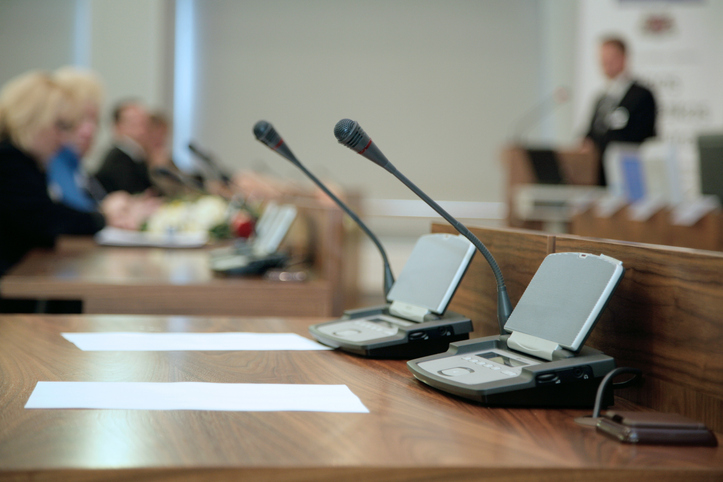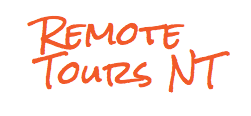.png)
When Anthony Albanese first spoke to the Australian public after winning the 2022 federal election, he said:
On behalf of the Australian Labor Party, I commit to the Uluru Statement from the Heart in full.
The Uluru Statement is a 2017 petition by Aboriginal and Torres Strait Islander leaders which calls for “legal and structural reforms to reshape the relationship between First Nations Peoples and the Australian population.” The Statement proposes several reforms, the first of those being a First Nations Voice to Parliament.
For the Voice to Parliament to be a permanent part of Australia’s democracy, and not at risk of being discarded by any future governments, it must be enshrined in the constitution, and the only way that the constitution can be changed is to hold a referendum.
A referendum is a ‘Yes’ or ‘No’ vote put to all Australian people of voting age. A referendum only passes if it is approved by a majority of voters across the nation.
Later this year, the Australian people will vote on whether the constitution should be changed to include an Aboriginal and Torres Strait Islander Voice in parliament. It will be Australia’s first referendum since 1999.
In Australia’s current political system, First Nations people have very little influence on the laws and policies that impact their communities. The Voice to Parliament would be a body which gives formal advice to parliament on matters relating to Aboriginal and Torres Strait Islander peoples.
According to the Uluru Statement, the Voice aims to provide the government with better and more nuanced information about First Nations communities and issues, resulting in better quality laws and policies:
This will mean resource allocation is more accurately targeted. Better laws mean improved outcomes - across all metrics, including health, housing, criminal justice and education.
The ins and outs of how the Voice will be structured are yet to be agreed on. A report authored by a group of Indigenous leaders and academics has been proposed to the Australian Government. It suggests a National Voice, representing states and territories, elected by Local and Regional Voices, representing districts around the nation. Read the full report here.

Not everyone agrees on how the Voice should be structured to best benefit Australia’s First Nations people, and not everyone agrees that the Voice should even be the first step in this process, with some calling for a Treaty to come beforehand.
Leading up to the referendum, the Watarrka Foundation encourages its supporters to stay informed and listen to and support the voices of their local indigenous leaders and communities.
To support the Foundation and our projects within the Northern Territory, make a donation at www.givenow.com.au/watarrkafoundation






Copyright © 2026 All Rights Reserved | Privacy | Terms & Conditions